Ecological succession
Ecological succession is the process of colonisation and organisation, of recolonisation and reorganisation, of the communities of organisms that inhabit a place.
1/6 < >
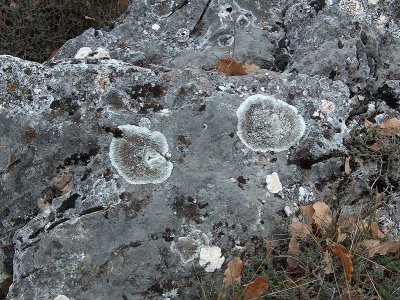
The primary colonisers of the bare rocks are bacteria, microscopic algae and lichens. Over time, without human intervention, the continuing changes in the geological and organic support of living organisms and material in decomposition, come to create such complex systems as forests.
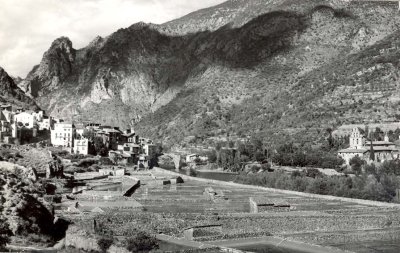
Humanised areas generally maintain an image and functioning that are stable in time if carefully maintained by human hands. The floods of 7 and 8 November 1982 represented a turning point for the salt beds in Gerri.
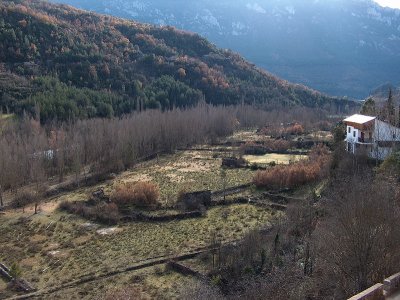
The salt beds in the lower part of the village, on the right bank, were very badly damaged and production was abandoned. Then, the rest of nature took the initiative and started up a process of ecological succession. The walled and salty beds were gradually colonised by a series of plants that tolerate the salt.
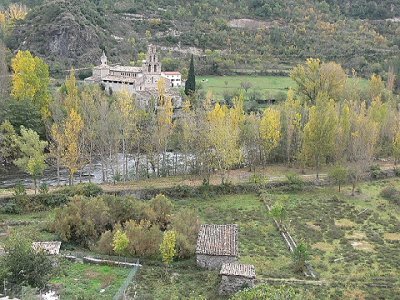
Over time, the rinsing with rain has allowed the colonisation of the ponds with less tolerant plants, and trees have grown along the river banks. Little by little, the memories of Gerri's white stuff are blurred between grey sallows and French tamarisks, gypsofilia hispanica and barilla plants...
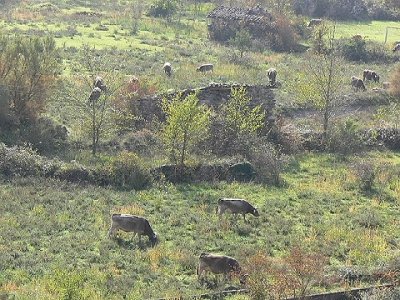
The new reality brings with it new uses, which include the presence of farm animals... But who knows what tomorrow will bring?
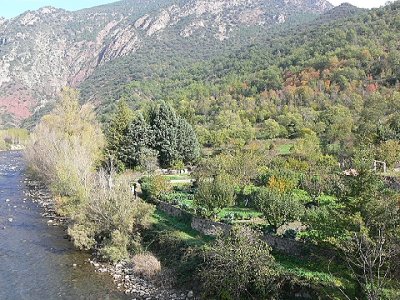
Human hands, helped by machines and intelligent work, may put a halt to and avoid the natural succession process and direct the transformation of the countryside. Thus, the inhabitants of Gerri converted the salt beds of the left-hand bank into a market garden, which has a very different aspect to the salt beds further down.





